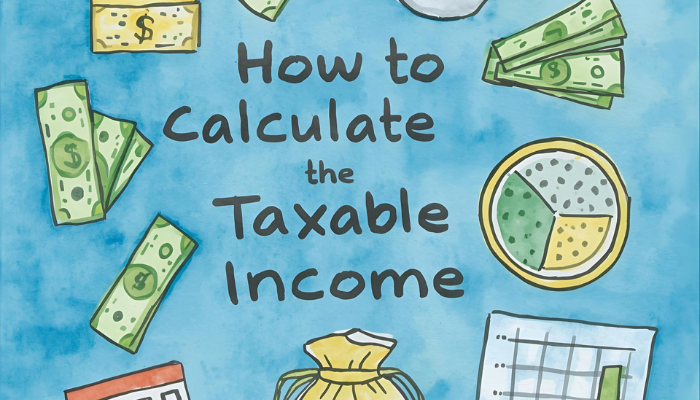
Everything You Need To Know About Crowdfunding
Crowdfunding is a national and international phenomenon. Over $17 billion is raised yearly in North America through world-famous websites such as GoFundMe and Kickstarter.
All this crowdfunding activity leads to an obvious question: Is the money raised this way taxable income for the recipients?
You might be surprised to learn that the courts and the IRS have provided almost no guidance on this issue. The authorities have largely left it up to taxpayers to figure it out by applying general tax principles.
Under general tax principles, all income you receive is taxable unless an exception in the tax law makes it tax-free. Some exceptions apply to some types of crowdfunding.
There are four main types of crowdfunding:
Donation-based
Rewards-based
Debt-based
Equity-based
Donation-based crowdfunding is the best-known and largest type. Individuals use crowdfunding sites such as GoFundMe to solicit donations for themselves or others. Donations can be solicited for any purpose but typically involve raising money for medical expenses, youth sports, or education costs.
With this crowdfunding model, donors do not receive any goods or services in return for their money. As a result, the donations ordinarily qualify as tax-free gifts.
Donors get no charitable deduction for money they give to individuals through crowdfunding websites, even if the recipients are needy. But donations from these websites made directly to Section 501(c)(3) tax-qualified charities are deductible.
Rewards-based crowdfunding is used by businesses to raise money. Contributors receive products or services from the business in return for their money. The best-known websites for rewards-based crowdfunding are Kickstarter and Indiegogo.
The expenses incurred to undertake the crowdfunding campaign, including crowdfunding website fees and the cost of rewards, would be deductible business expenses. The money received this way is ordinarily taxable income to the business. It is clearly not a gift if the contributors receive something of value in return for their money.
With debt-based crowdfunding, also called peer-to-peer lending, businesses raise money through specialized websites that provide loans financed by the general public. Loans that have to be paid back are not taxable income.
Equity-based crowdfunding enables businesses to sell shares or other securities to investors through the internet. Funds raised by issuing securities to investors are not taxable income for the business. But to prevent fraud and other abuses, companies that use equity crowdfunding must comply with federal and state securities laws.
If you have any questions about crowdfunding, please call me our office and schedule a time at 281-699-4729.
Sincerely,
Dr. Jake Latimer
Managing Partner
L&Y Tax Advisors, LLC


